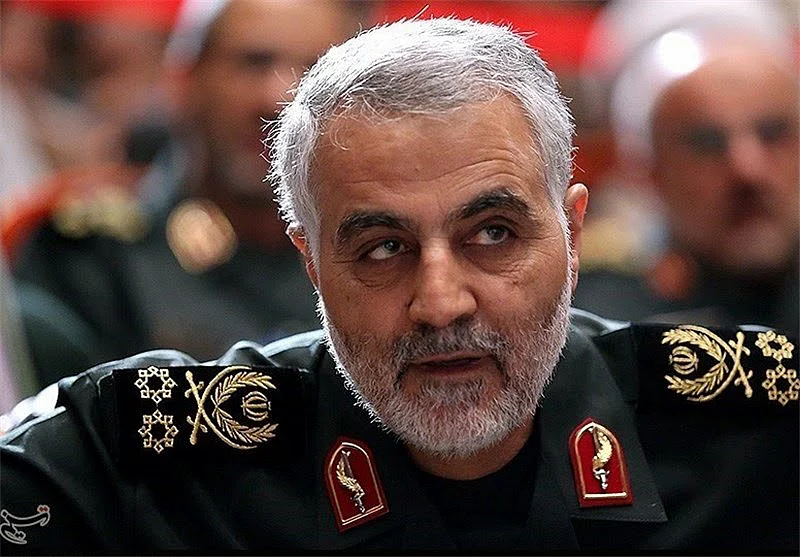Also In This Package
Damascus: The assassination of Qasim Soleimani, commander of the Al Quds Force raises questions about whether Iran can carry on with its political ambition in the Arab World, with the same zeal and commanding influence as before.
Part of that influence was due to four decades of indoctrination, no doubt, along with the open funding of non-state players like Hezbollah and the Popular Mobilization Units (PMU).
But much of it was also due to the commanding presence of Soleimani himself, whose personal and often intimate friendship with the commanders of both groups played a very important role in cementing pro-Iranianism throughout the region.
That explains why from Gaza to Iraq, running through Lebanon, Syria, and Yemen, Iran’s proxies are in a state of disbelief, promising vengeance.
Will this influence witness a slow drawback?
Gulf News spoke to analysts from across the political spectrum, seeking answers.
Iraq linchpin of Iran’s ambitions
“It is still premature to known which directions the entire region will go,” said Joseph Kéchichian, a senior fellow at the Riyadh-based King Faisal Center for Research and Islamic Studies.
What is clear, he added, is that “Iranian influence in Iraq is on the wane. Soleimani’s assassination significantly reduced, if not eliminated in its entirety, Tehran’s hegemonic plans.”
“Iraq was the linchpin of these ambitions,” he added.
“Time will tell whether another Iranian military officer will emerge with Soleimani’s charisma though it is difficult to foresee. Soleimani’s successor will try to fill his big shoes, but its easier said than done, especially in light of Iran’s myriad internal problems.”
Twenty years at the helm
“It’s the first time in over two decades that Iran will have to carry out its Middle East policy without Soleimani.” said Kemal Alam, a British defense analyst.
“Its uncharted territory,” he added, where “Iran itself will need to see how it can move without the architect and execution of foreign policy.”
“Geographically, the strike that killed Soleimani was in Iraq, but metaphorically and politically, it was in the heart of Iran,” said Geneva-based Iraqi historian Salim Matar.
“The implications will be huge not only on Iraq but throughout the region. We are already hearing stories that several Iran-backed Iraqi militia leaders have packed their belongings and headed to Iran, fearing for their lives. That says plenty about where that influence and hegemony is headed.”
“It’s the beginning of the end for Iran in Iraq,” he added, saying: “It actually started on October 1, the day young Iraqis took to the streets, saying we have had enough.”
“It’s a huge blow for Iranian influence and prestige,” added Beirut-based political analyst Halim Shebaya.
“That said, Iran’s influence on state and non-state actors in Lebanon, Iraq, Syria and Yemen will remain and it will be able to use this assassination as confirmation for its supporters and as a mobilizing tool to show that it is indeed in a struggle against an external aggressor, being the US.”
Backbone Broken
“The backbone of Iranian influence in the Arab World has just been broken,” added Abdulkader Alnael, a prominent Iraqi analyst.
“To counter their political and geographic ambitions, which remain strong, we need to inject life into the Arab League and its mutual defense pact, in order to preserve the entire Arab World," he said.
"Iraq needs to be a top priority in this regard, given that it has been hijacked by Iran, which brought down its state and made it a prototype for other Arab states.”
Sign up for the Daily Briefing
Get the latest news and updates straight to your inbox
Network Links
GN StoreDownload our app
© Al Nisr Publishing LLC 2026. All rights reserved.
